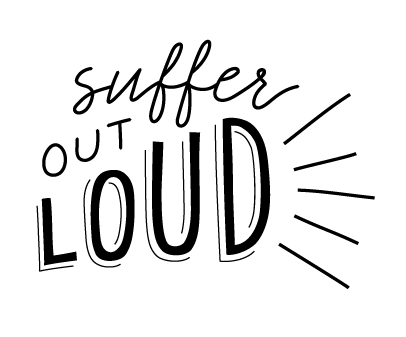She Passed Away Unexpectedly
By: Cassie Jackson
I clearly remember sitting at the funeral home making arrangements for my sister’s funeral. We had to pick the songs that we would sing, the scripture that would be read, and who the paul bearers would be. I didn’t really care about any of these things as I sat there. I just wanted my parents to make the choices that would bring them comfort. I knew none of these things would lift the cloud that hung over my head. When we were told we needed to write an obituary, the funeral home director finally received my attention. My sister was my best friend and I thought I was in the best position to describe her. I was excited at the opportunity to talk about her life and the things I loved about her. When he asked how we wanted to describe the cause of death, my mom and I instantly agreed that we should describe it as a suicide. He offered several alternatives to this description but we didn’t want to change it. We didn’t see any reason to hide the cause of death. We lived in a small town and how she had passed away was no secret.
I saw several different versions of the obituary published by different news sources. There was not a single copy that had the true cause of death. The most frequently used description was that she had passed away unexpectedly in her home. I never understood why he didn’t honor our wishes. I was busy dealing with the grief of my loss and didn’t spend much thinking about it. As the years past, I continued to see people around me die of suicide. I frequently read their obituaries, because I could relate to the pain their family was feeling and the difficulty they had to encounter in trying to sum up the life of a loved one on a piece of paper. I noted each time that the true cause of death was omitted. Leaving out the real cause of death made me feel like talking about it was not allowed. Leaving this information out allows mental illness to remain a silent killer. It perpetuates a disease that kills. We want to initiate honest conversations. Honesty brings the opportunity for something positive to emerge from a devastating loss. It opens the door for awareness, more funding, and education. It’s a missed opportunity and we can’t afford any more missed opportunities to end this stigma.
